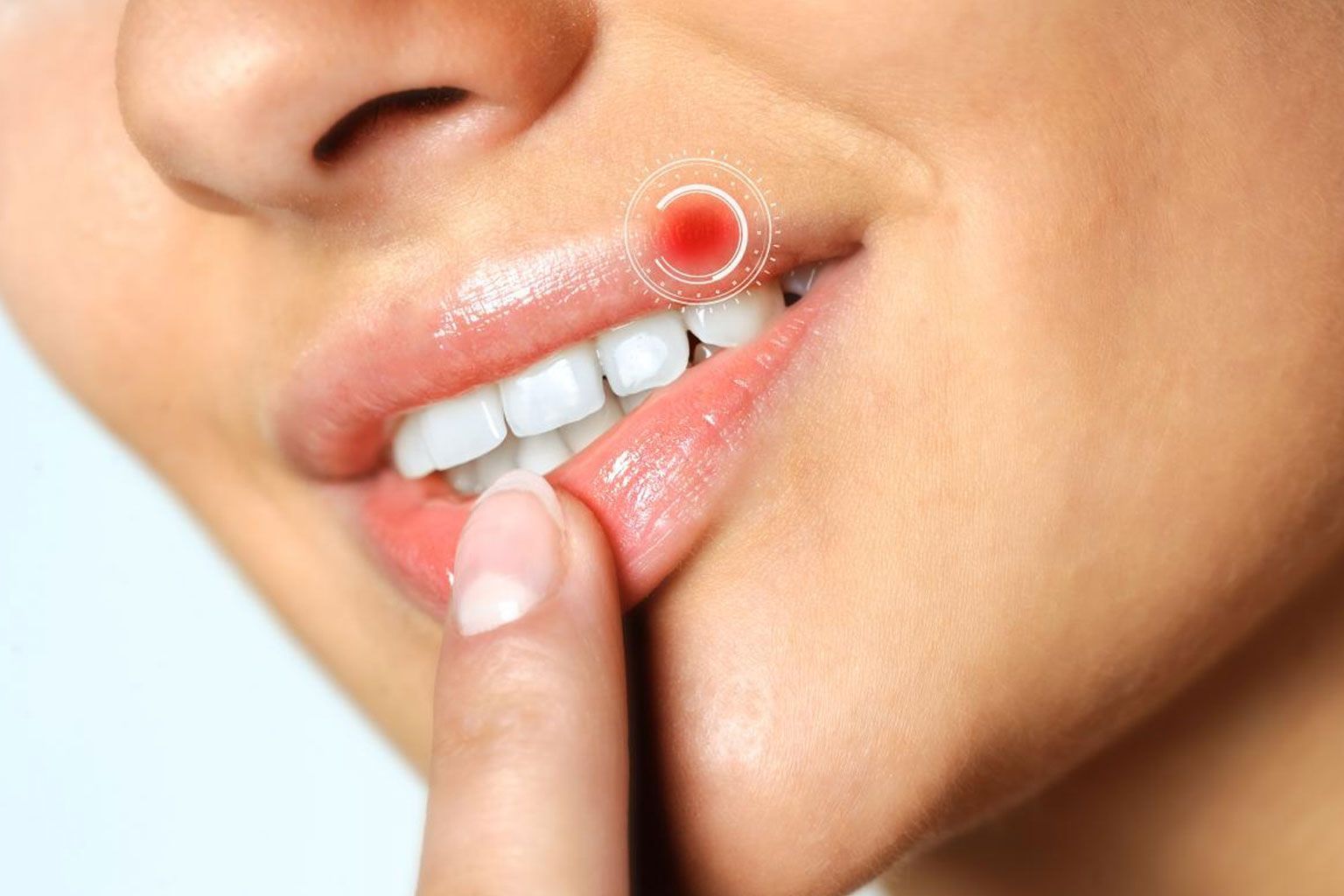Herpes is a sexually transmitted infection that affects both men and women, but it is more common among females. 1 in 5 women between the age of 14-50 suffers from this malady. This STI is caused by two strains of the herpes simplex virus- HSV-1 and HSV-2. This virus is found in the bodily fluid of the infected person like saliva, semen, and vaginal discharge. it affects and there is an appearance of sores around genitalia parts: vulva, vagina, cervix, anus, penis, scrotum, mucous membrane of the mouth and other parts of the body like thighs, butt, lips and breasts, and rare cases in the eyes. It can be contained but not cured.
- HSV-1: it leads to oral herpes and infects the areas around mouth and lips and is also known as “cold sores”. It can spread to the genitalia area during oral sex, or even while kissing.
- HSV-2: it mainly causes genital herpes, and spreads through vaginal, anal and oral sex.
How Do You Detect Herpes?
After being contaminated the symptoms of herpes may appear as early as 2 days or even after a month. sometimes you may not have any symptoms or it may be so mild that often people may ignore or confuse it for a pimple or ingrowth. But some general symptoms to watch out for are:
- Blisters around mouth and nether regions.
- Itching or tingling before the breakout of sores
- Blisters become ulcerated
- Crust appears on the sore
- Swollen lymph glands
- Fever, headaches, and body pain-common flu symptoms
When the first symptoms of herpes appear it is known as outbreak and lasts anywhere between 2-4 weeks and can be extremely uncomfortable. Over the year the outbreaks lessen and get much less severe.
How Does It Spread?
It spreads through oral, vaginal and anal sex. Avoid having sex, when your partner has a herpes outbreak. But it can also spread when no such apparent sores or symptoms are present. The virus lives in the body fluid. Touching infected body parts can also spread the infection.
During childbirth, it can spread from mother to child, and neonatal herpes can be quite fatal for the baby, as it can lead to brain damage, blindness and even death of the child. Inform your doctor if you have genital herpes while being pregnant or trying to conceive. The obstetrician might suggest a C-section. Even breastfeeding a child can pass the virus to the baby.
The worst part of genital herpes is that it can get quite difficult to diagnose. The doctor might take a look at your visible sores or take a swab test from the sore. A blood test can be done to check for antibodies in the blood. Having herpes makes you more susceptible to getting HIV, as the sores are an open pathway for infection to spread.
 Herpes
HerpesHow To Prevent The Spread Of Herpes?
- Use latex condoms and dental dams. Though condoms don’t cover all the infected areas.
- Be in a monogamous relationship.
- Don’t have multiple sexual partners, as it increases the chance of STIs
- Avoid sex before, during and after a herpes outbreak.
- Abstain from oral sex if your partner has oral herpes.
- Don’t kiss your child or partner if you have sores in your mouth.
- Try other forms of intimacy like mutual masturbation.
- Have a clear conversation about the sexual history of your partner.
How To Treat Herpes?
Doctors might prescribe an antiviral medication, which may have to be taken regularly for better effect and might prevent the spread of the virus to your sexual partner. Always use a condom. Home remedies might be taken to help with the discomfort like bathing in warm salted water, wear loose cotton clothes and undergarments, soak in a warm sitz bath and finally avoid touching the sores and wash your hand immediately with soap if you have to touch it. Keep the pubic area dry.
You can prevent herpes outbreak by leading a healthy lifestyle, avoiding stress and getting adequate sleep. Menstruation can lead to herpes outbreak due to hormonal fluctuation. The good news is that herpes isn’t life-threatening and it is one of the most common STIs, that affects millions around the world. Don’t hide it from your sexual partner and have a frank conversation.

